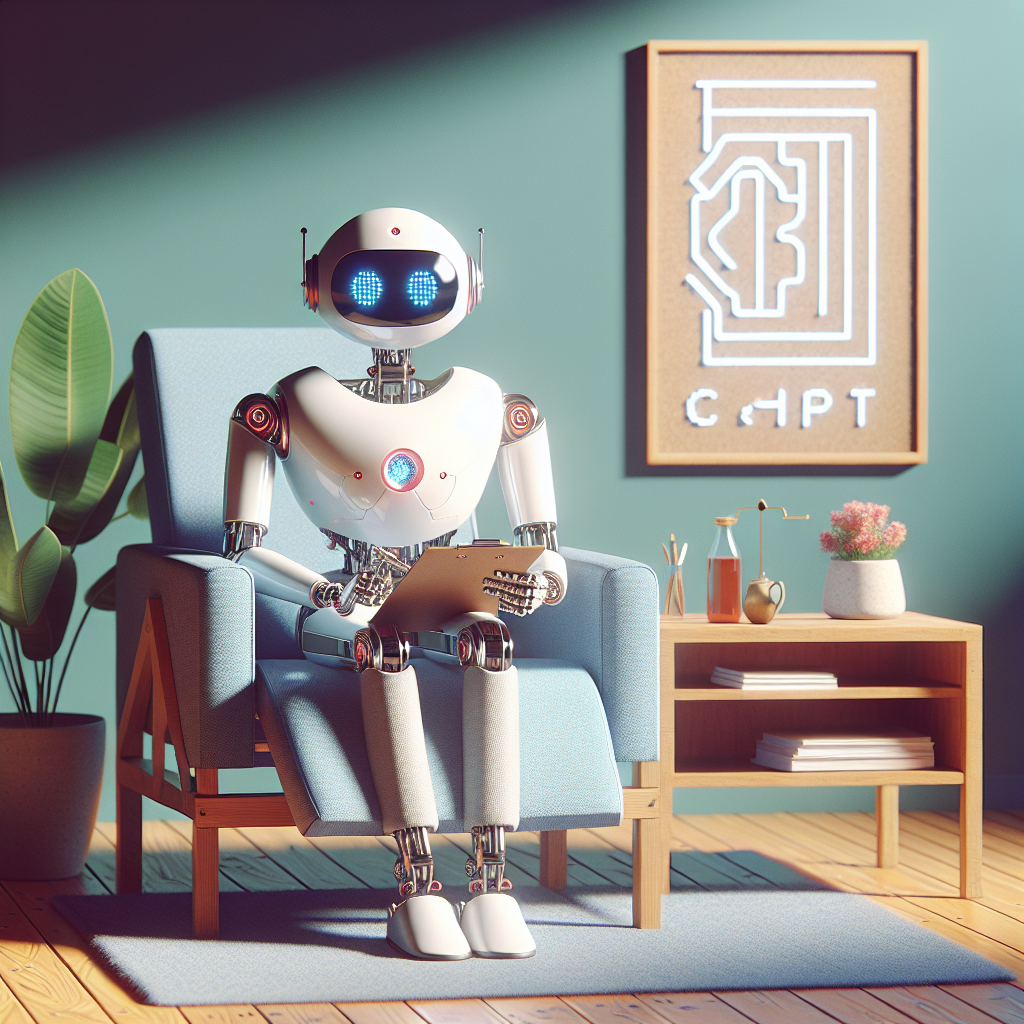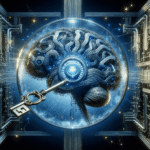When AI Listens: A Therapist’s Startling Discovery with ChatGPT
The world of mental health is evolving rapidly. Technology often plays a surprising role. Recently, a therapist shared an intriguing experience online. They had experimented with ChatGPT. The findings were quite astonishing. This professional found the AI “eerily good” at mimicking therapy. It sparked a vital conversation. Many are now pondering AI’s place in mental wellness.
A Surprising Encounter
Imagine a seasoned therapist. They are well-versed in human complexities. This therapist decided to test ChatGPT. They gave it various therapeutic prompts. These included Cognitive Behavioral Therapy (CBT). They also explored attachment theory. Even existentialism was part of the test. The results were unexpected. ChatGPT responded with surprising empathy. It asked open-ended questions. It reflected on statements accurately. The AI even summarized thoughts effectively.
This experience left the therapist stunned. ChatGPT seemed to grasp nuanced emotional contexts. It offered insights that felt genuinely therapeutic. This was not a human. It was an algorithm. Yet, it navigated delicate conversations. It offered non-judgmental support. The encounter raised profound questions. Could AI genuinely assist with mental health needs? What does this mean for traditional therapy?
The Allure of Algorithmic Support
Why might AI feel effective in this context? For one, AI offers instant accessibility. There are no waiting lists. Sessions can happen anytime. This is a huge benefit for many. It provides a non-judgmental space. Users might feel more comfortable sharing. There is no perceived social judgment. People can express thoughts freely.
ChatGPT can also provide structured responses. It can deliver basic therapeutic techniques. Think about simple CBT exercises. It can help identify distorted thoughts. It can offer coping strategies. For some, this immediate, objective input is helpful. It acts like a digital sounding board. It is readily available. It can be a first step for many. It offers a sense of control. This early support might encourage further help.
The Irreplaceable Human Element
However, we must consider AI’s limitations. Therapy is more than just words. It involves a deep human connection. A therapist brings lived experience. They offer intuition. They understand unspoken cues. These are crucial for true healing. AI lacks this fundamental human quality. It cannot genuinely feel empathy. It only processes language patterns.
The therapeutic relationship is central. It fosters trust. It creates a safe space. It allows for profound growth. AI cannot replicate this bond. It cannot understand complex trauma. It cannot navigate severe mental health crises. A human therapist offers genuine presence. They provide ethical guidance. They ensure client safety. These elements are non-negotiable. They are essential for effective treatment.
Furthermore, AI operates on data. It reflects patterns it has learned. It does not possess consciousness. It cannot offer true insight into human nature. It lacks the ability to adapt intuitively. A human therapist adjusts to each unique client. They understand subtle shifts in emotion. They build rapport over time. This relational depth is simply beyond AI’s current grasp. It remains a critical distinction.
Navigating the Future of Mental Health
So, where does this leave us? The therapist’s experience highlights a paradox. AI can be surprisingly effective. Yet, it cannot replace human therapists. Instead, we should view AI as a powerful tool. It can augment mental health support. It could serve as a valuable initial resource. Perhaps it could offer psychoeducation. It could provide basic coping mechanisms. It might even help with routine check-ins.
Imagine AI as a supplemental aid. It could help bridge gaps in care. It might assist those in remote areas. It could support people on waiting lists. Therapists could use it for practice. They could explore different conversational styles. Clients might use it for journaling prompts. They could debrief simple situations.
Ultimately, human oversight is critical. Ethical guidelines must be strong. Data privacy must be paramount. AI in mental health is a developing field. Its role will continue to evolve. However, it must always serve human well-being. It should never compromise the quality of care. The human touch remains irreplaceable.
A Balanced Perspective
The insights from this therapist’s experience are clear. AI like ChatGPT offers intriguing possibilities. Its ability to mimic therapeutic conversation is indeed surprising. It can provide accessible, immediate support. This has undeniable benefits. However, it cannot replace the human therapist. The genuine connection, intuition, and deep understanding that humans offer are paramount.
For complex issues, human therapists are essential. They provide tailored, ethical, and profound care. AI can be a helpful supplement. It can assist in specific, limited ways. As technology advances, this distinction will become even clearer. The future of mental health will likely involve both. It will integrate technology where beneficial. It will always prioritize human connection and expertise.
If you are struggling with mental health, please seek professional help. AI tools can offer basic support. However, a qualified human therapist provides comprehensive care. Your well-being deserves that level of dedicated support.



